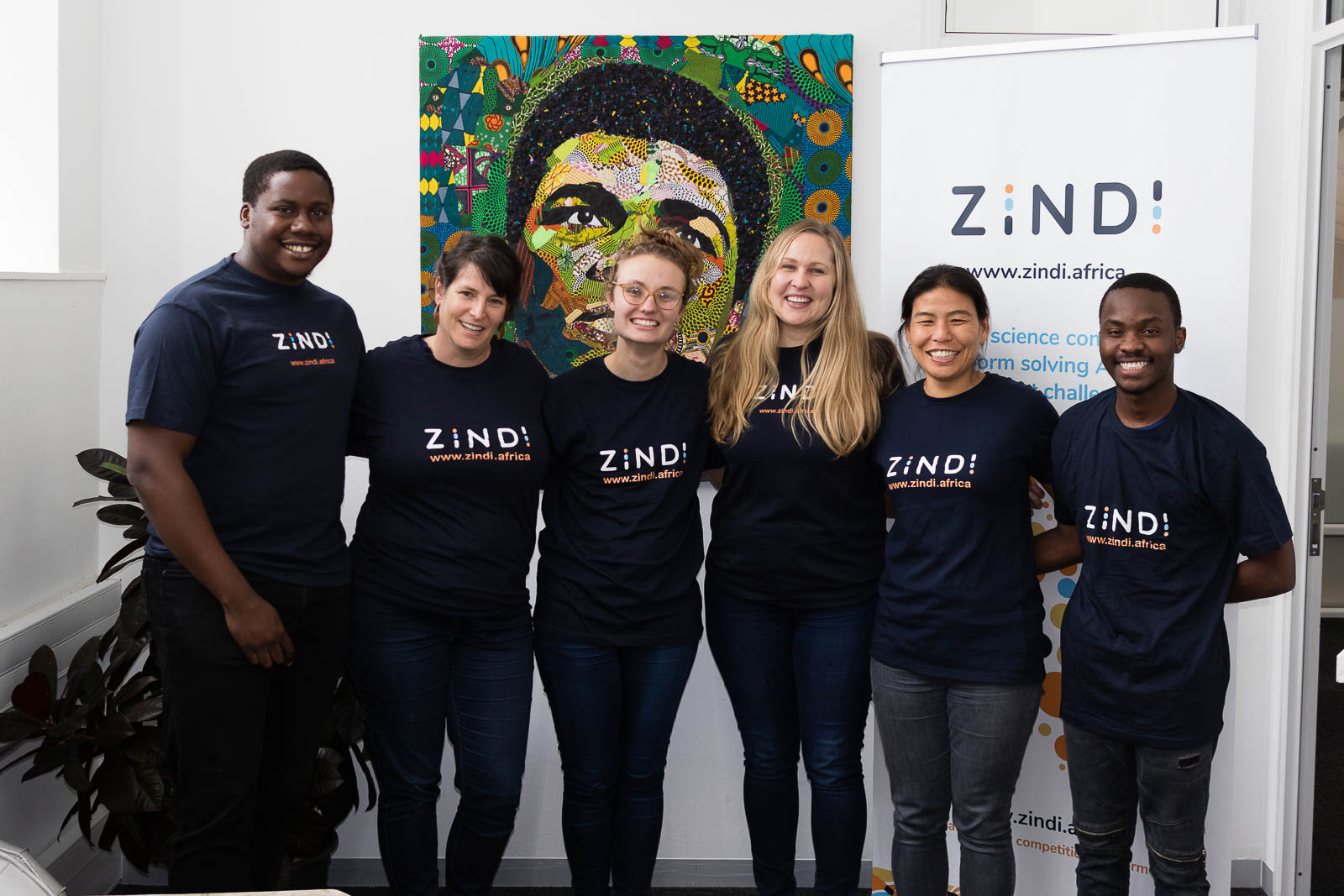Entrepreneur First (EF), the the London-headquartered company builder and “talent first” investor, unveiled its latest cohort of “deep tech” companies in a first virtual Demo Day, amid the novel coronavirus pandemic.
Presenting startups, in the format of a slick pre-recorded video, are made up of teams formed across EF’s three European locations: London, Berlin and Paris. In total, 25 new startups have been created across deep technology fields such as AI, biotechnology, machine learning and robotics.
They include companies tackling drug discovery using digital twin cells, environmental pollutant monitoring, and artificial brain development for robotics applications, to name just a few (that last one was a mouthful).
It’s also worth re-capping that EF stands out from the many other demo days in U.K. and beyond — seeing the investor backs individuals “pre-team, pre-idea” — meaning that the companies pitching generally only came into existence during the three programmes and perhaps may have never seen the light of day without the founders bashing heads at EF.
Cue statement from Matt Clifford, co-founder Entrepreneur First: “While the format of today’s Demo Day event may have changed, the focus remains the same – introducing the globally important companies of the future to the world’s best investors. Entrepreneur First believes that the best way for the most ambitious and talented people to fulfil their potential is to use their exceptional talent to build companies, transform lives and change the world. With the right support, one talented individual has the potential to fundamentally change the way an entire industry operates – which is perhaps even more important in this period of global upheaval”.
Meanwhile, here’s an interesting tidbit: According to a source, one of the pitching EF companies, Ochre Bio — which is developing gene therapies to treat donor livers outside of the body — made the unusual decision to join Silicon Valley’s YC accelerator in the middle of the EF programme where the founders met, so they’re effectively coming into Demo Day with half their round filled.
The full list of presenting team video pitch links (described in their own words)
Ambify
Environmental pollutant monitoring to protect health and wellbeing.
(London)
Augmize
Augmize automates actuarial reserving in commercial insurance with interpretable machine learning.
(London)
Better Dairy
Building the future of food, starting with animal-free dairy.
(London)
Flaime
Revolutionising cloud gaming with dynamically distributed interactive 3D content delivery.
(London)
Bleep
Bleep lets you create and remix your favourite TV Shows, for and on, the channels we all know and love.
(London)
CARV3D
We generate on demand, new examples of unique and believable digital humans which do not exist in the real world.
(London)
cheMastery
Building the infrastructure for chemistry.
(London)
Exogene
Fast discovery of safer immunotherapies.
(London)
Micrographia Bio
Engineering the chemical atlas for modern drug discovery.
(London)
my110
AI health coach transforming how we eat, exercise and recover.
(London)
Ochre Bio
Gene therapies to treat donor livers outside of the body.
(London)
Omnipresent
We take away the pain of operating global teams. Our clients can onboard employees anywhere in the world with a few mouse clicks.
(London)
Verchable
Building next generation video search using Computer Vision.
(London)
Volatile AI
Combining existing gas sensors with bio-inspired AI algorithms to monitor food aroma.
(London)
Cargoflip
An all-in-one platform to simplify international trade for businesses.
(Berlin)
ElementZero Biolabs
The next generation of tools for capturing genetic information.
(Berlin)
hier foods
An end-to-end procurement tool for regional food.
(Berlin)
Iskra
Low code, complete Machine Learning platform.
(Berlin)
Blendeez
Blendeez helps business users make CRM external and internal apps work together at scale with no technical skills.
(Paris)
Contreeb
We enable online shops and their consumers to balance their carbon footprint.
(Paris)
DeepLife
DeepLife creates digital twins of cell to accelerate drug discovery.
(Paris)
EyePick
EyePick builds a brain for robots to see, understand and act in the real-world.
(Paris)
Lynceus
Lynceus is building the world’s most reliable manufacturing quality prediction software.
(Paris)
Samp
Digital twins for industrial facilities – reliable knowledge for everyone.
(Paris)
X80 Security
Generating intelligent cyber defences through automatic threat simulation.
(Paris)



